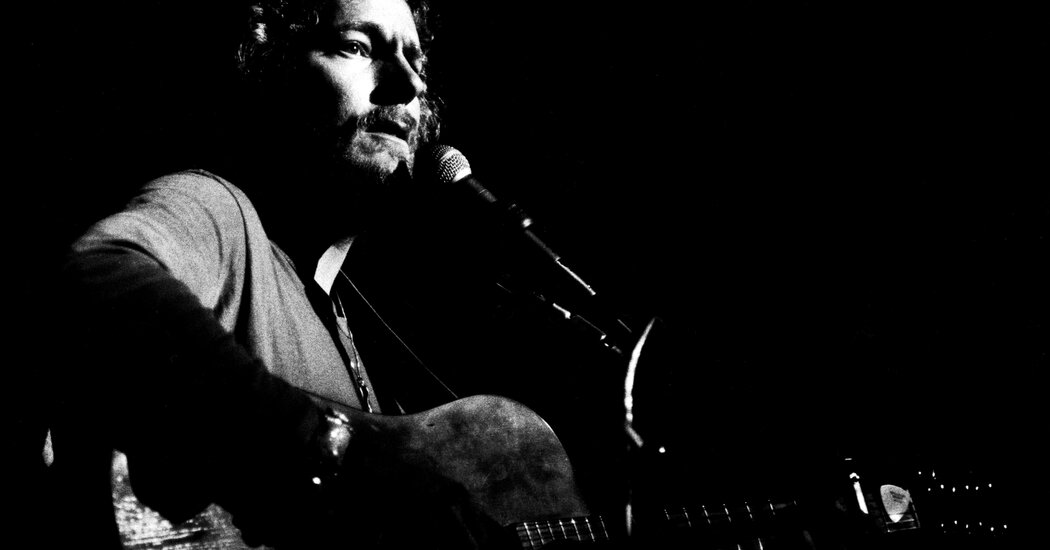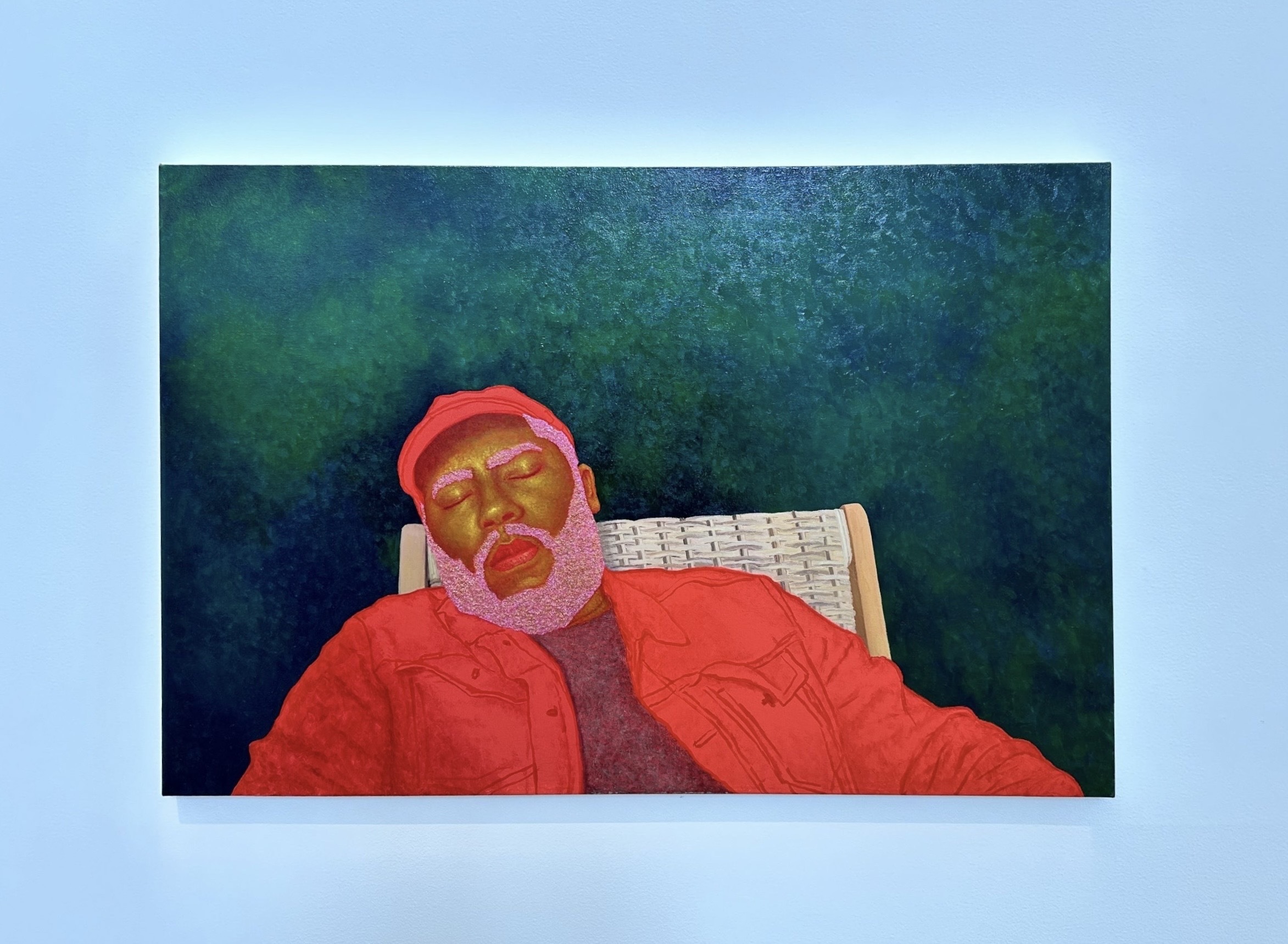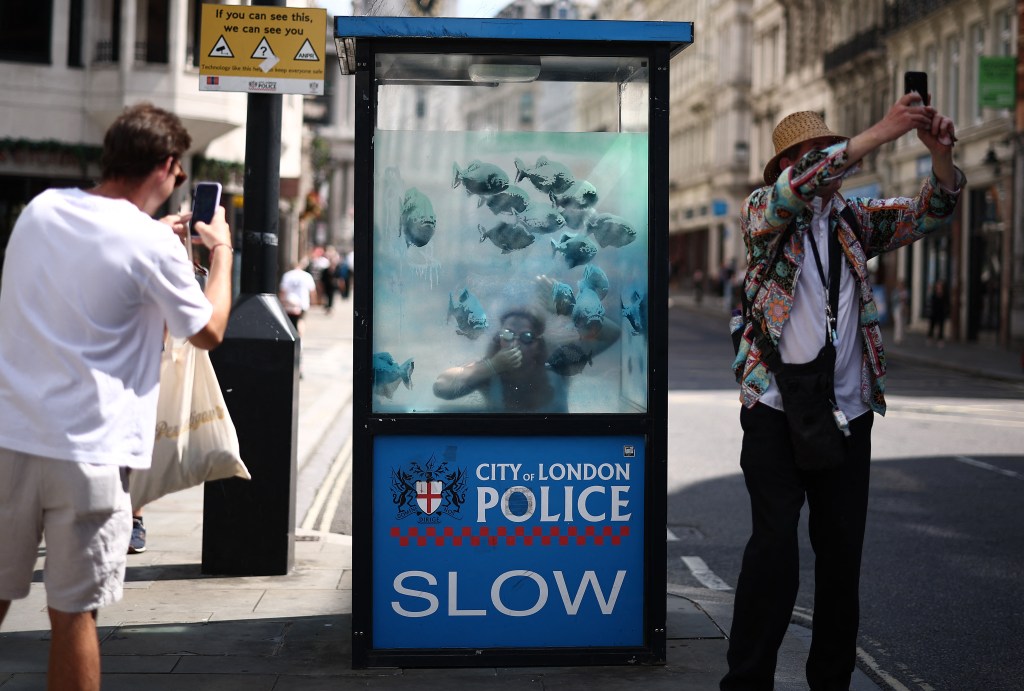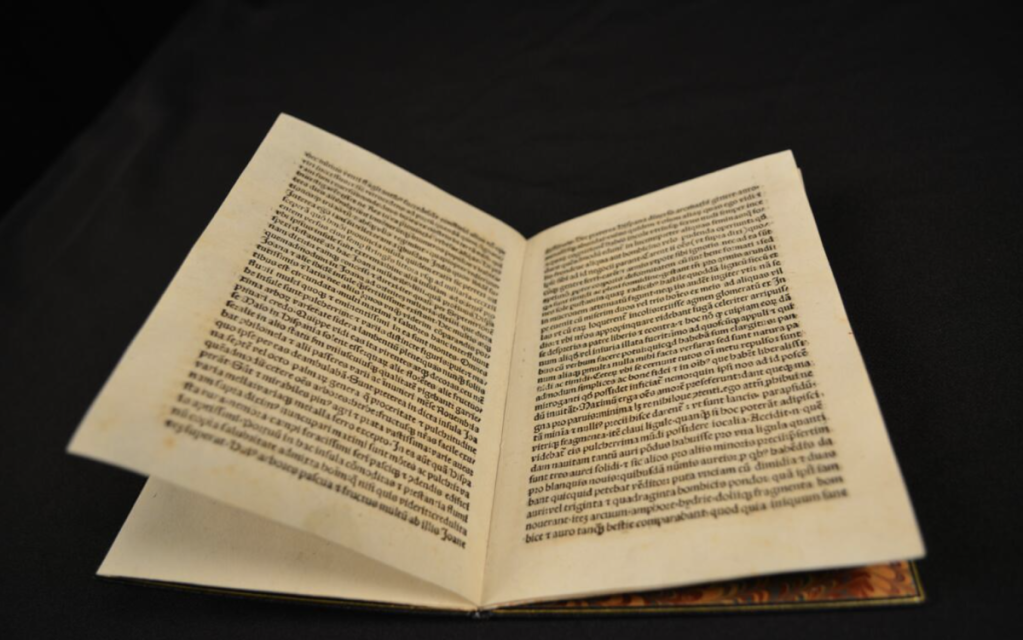A year later, after signing with Albert Grossman, the manager of Mr. Dylan and Peter, Paul and Mary, Mr. Lightfoot recorded his first solo album, “Lightfoot!” With performances of “Early Morning Rain,” “For Lovin’ Me,” “Ribbon of Darkness” and “I’m Not Sayin’,” a hit record in Canada in 1963, the album was warmly received by the critics.
Real commercial success came when he switched to Warner Brothers, initially recording for the company’s Reprise label. “By the time I changed over to Warner Brothers, round about 1970, I was reinventing myself,” he told the newspaper Savannah Connect in 2010. “Let’s say I was probably just advancing away from the folk era, and trying to find some direction whereby I might have some music that people would want to listen to.”
Mr. Lightfoot, accompanying himself on an acoustic 12-string guitar, in a voice that often trembled with emotion, gave spare, direct accounts of his material. He sang of loneliness, troubled relationships, the itch to roam and the majesty of the Canadian landscape. He was, as the Canadian writer Jack Batten put it, “journalist, poet, historian, humorist, short-story teller and folksy recollector of bygone days.”
His popularity as a recording artist began to wane in the 1980s, but he maintained a busy touring schedule. In 1999 Rhino Records released “Songbook,” a four-disc survey of his career.
Mr. Lightfoot, who lived in Toronto, is survived by his older sister, Beverley Eyers; and his children, Fred, Ingrid, Miles, Meredith, Eric and Galen. His two marriages ended in divorce.
In 2002, just before going onstage in Orillia, Mr. Lightfoot collapsed when an aneurysm in his abdominal aorta ruptured and left him near death. After two years spent recovering, he recorded an album, “Harmony,” and in 2005 he resumed his live performances with the Better Late Than Never Tour.
“I want to be like Ralph Carter, Stompin’ Tom and Willie Nelson,” Mr. Lightfoot told the CBC in 2004. “Just do it for as long as humanly possible.”
Vjosa Isai contributed reporting.



